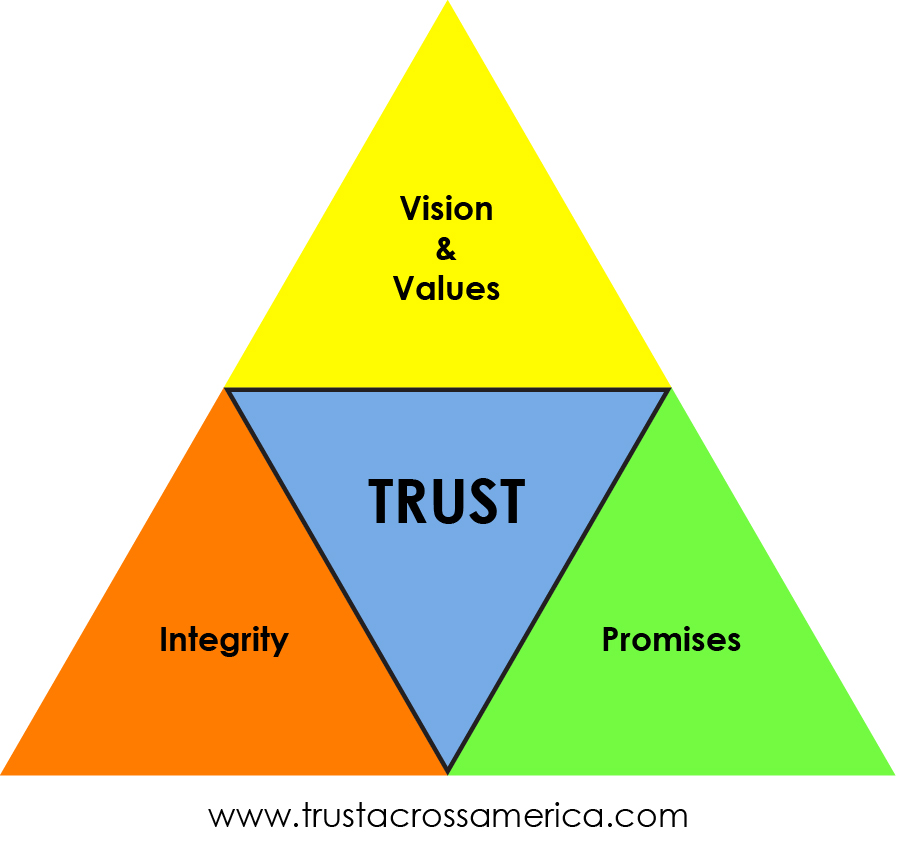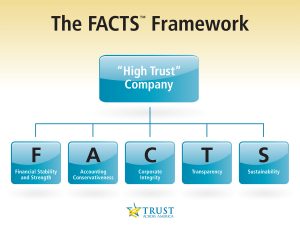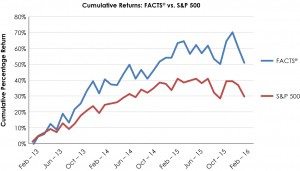Did you know that the average lifespan of a public company is now less than 20 years, down from 60 years in the 1950s? While some might argue that disruptive technology is to blame, that’s a smoke screen for the real culprit. After all, high trust companies are great innovators.
Today’s pervasive low trust business environment might be the #1 risk to every company. Without trust as a foundation, the chances for long-term survival are slim to none, and crises are a sure bet.
While trust holds the key to long-term success it remains the single most overlooked, yet one of the simplest business strategies to implement.
How many of these low trust warning signs are present in your organization?
- Trust is taken for granted and viewed as a soft skill. It is never discussed.
- There is no Chief Trust Officer or keeper of the culture. Instead, the Chief Compliance Officer wields the “big stick” and remains the laughing stock of the employees.
- A corporate credo or core values are nonexistent, or the one in place is no more than Kumbaya “words” on the corporate website.
- Strategies to elevate organizational trust have never been discussed let alone defined, shared or agreed upon.
- Leadership is focused on survival and short-term profitability. In fact, compensation is tied to quarterly earnings.
- The leadership team lacks leadership skills and never speaks publicly without “legal” sign off. (Great college lacrosse players don’t necessarily make trustworthy leaders.)
- There is not a single woman in sight on the executive leadership team.
- A well-defined hiring strategy has not been implemented resulting in cultural misalignment, confused and non engaged employees.
- Employee turnover is high but no one asks “Why?”
- Board members are “Yes men” for the CEO, and “Yes” they are all men.
How many of these trust “fails” do you see on a daily basis? What’s your guess on the longevity of your business?
Want to learn more about building organizational trust? Our website provides an endless number of tools and resources for elevating organizational trust. Many of them are free. Read a book, join our Trust Alliance, find an hour to discuss a Case Study, read the Trust Across America blog.
Barbara Brooks Kimmel is the CEO and Cofounder of Trust Across America-Trust Around the World whose mission is to help organizations build trust. She also runs the world’s largest global Trust Alliance and is the editor of the award- winning TRUST INC. book series. In 2017 she was named a Fellow of the Governance & Accountability Institute, and in 2012 she was recognized as one of “25 Women who are Changing the World” by Good Business International. She holds a BA in International Affairs from Lafayette College and an MBA from Baruch at the City University of NY.
Join our Constant Contact mailing list for updates on our progress.
Copyright 2018 Next Decade, Inc.








Recent Comments